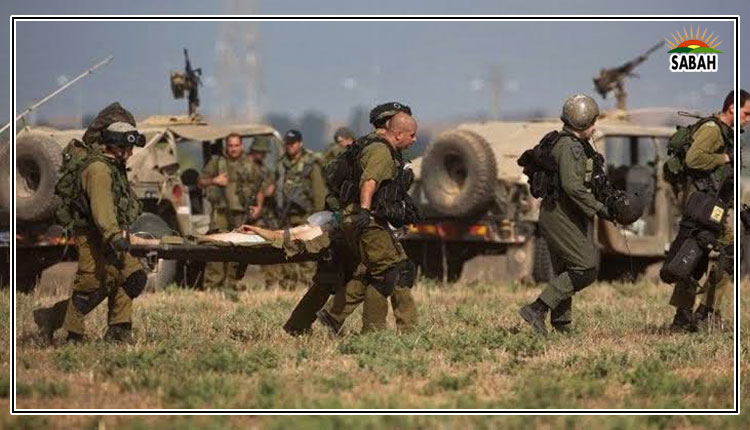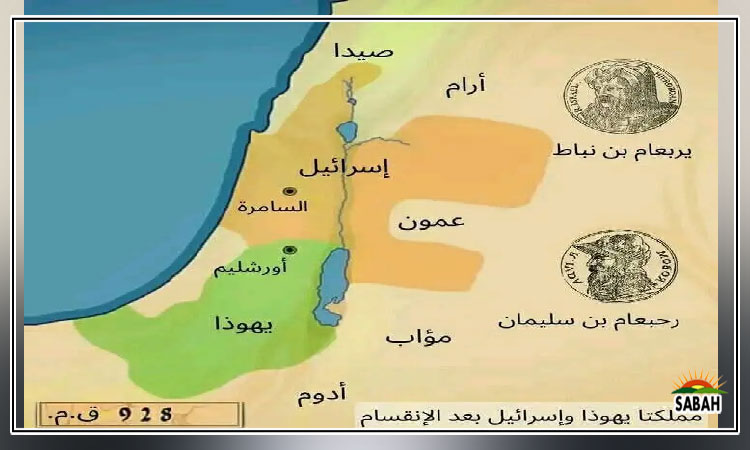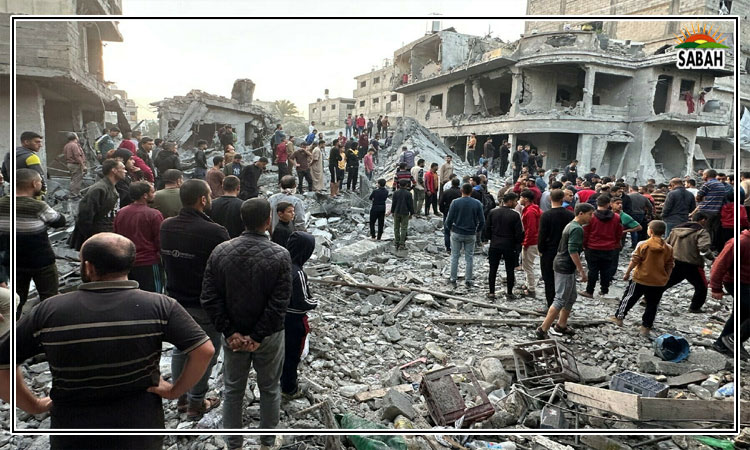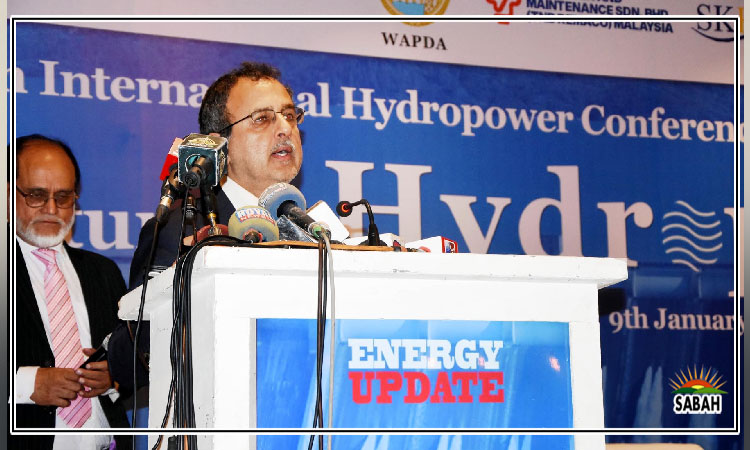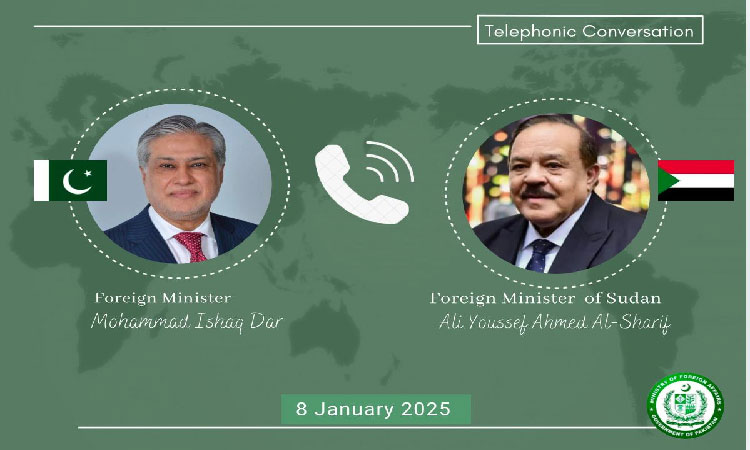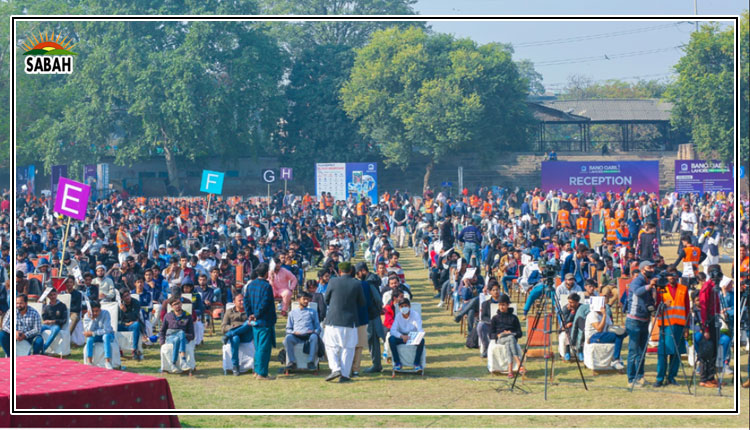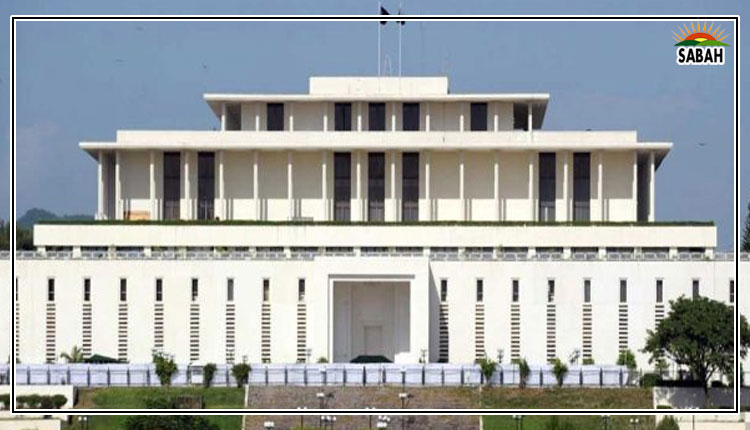Pollution in the air…Salman Danish
Every day, thousands of drivers are forced to idle needlessly on the roads of the federal capital in the name of security.
Indeed, security in and of itself is important. But it needs to be balanced with the health and safety of citizens along with the consideration of the economic impacts the security measures implemented have on the countrys already distressed economy.
It is a well-known and scientifically established fact that idling wastes fuel, gives rise to greenhouse gas emissions and worsens local air quality with more pollutants which harm public health. An idling engine can produce up to twice as many exhaust emissions as an engine in motion.
An hour of automobile idling burns approximately one-fifth of a gallon of gas and releases nearly four pounds of CO2 into the air. Excessive amounts of CO2 in the atmosphere can contribute to global warming. Only for adaptation measures to reduce carbon emissions from the transport sector, Pakistan needs billions of dollars a year. Can we really opt for adaptation at such a heavy cost? The answer is no.
Idling, which contributes to toxic emissions in the air we breathe, is when a vehicles engine is running when it is stationary for longer than 30 seconds. An idling car can fill up to 150 balloons with harmful emissions every minute. Switching off the engine can go a long way to improving air quality.
Previously, Islamabad had wide open roads with many alternate routes that could accommodate the vast tide of traffic during its well-defined morning and evening rush hour. Nowadays, there is rarely a time when there is a congestion-free highway, main boulevard, or avenue. This despite the many expansion projects and signal-free corridors is a result of the ever-present and ever-expanding presence of the infamous police check posts.
This is not to say that check posts are in any way unnecessary or ineffective. The sad fact of their necessity is evident from the tragic incidents from the citys recent past. However, there is a need to recalibrate the relationship between citizens and law enforcement as well as to connect planners with day-to-day commuters to avoid incidents like the Faizabad check post speed bump fiasco which resulted in hundreds of thousands of hours of productivity being wasted due to ill-conceived planning as well as millions of rupees worth of petrol being wasted, not to mention the degradation of local air quality from the sheer number of idling vehicles.
Even to the very day of writing, the lane separators affixed along with the speed bump have not been removed from the Faizabad check post and are a constant source of congestion and long traffic jams. This is not the only case, hundreds of such hurdles are seen in all big cities including Karachi, Lahore, Peshawar, and a few more which cause congestion and fuel wastage, causing more otherwise avoidable carbon emission. Such a way of planning and implementation is neither suitable nor sustainable.
Another major source of such congestion and thus, fuel wastage, pollution, and wastage of time is the semi-permanent closure of the infamous D-Chowk. Instead, a massive onslaught of traffic is diverted towards Agha Khan Road via Ataturk Avenue, both of which become choked due to the presence of yet another check post ahead of the citys big hotel.
Even if it is not feasible to reopen D-Chowk, there should be a consideration for planners and decision-makers to switch hats from a security state of mind to a citizen-friendly state of mind and provide alternative routes for the unfortunate souls who have to get to their offices and help keep the country afloat. As a bonus, alternate routes also make cities and communities resilient in times of crisis and emergency.
We must remember that security should not dominate our lives to such an extent that we forget to stop and take a moment to realize that it needs to be worth living as well. There needs to be a delicate balance among security, environment and economic stability.
Courtesy The News


